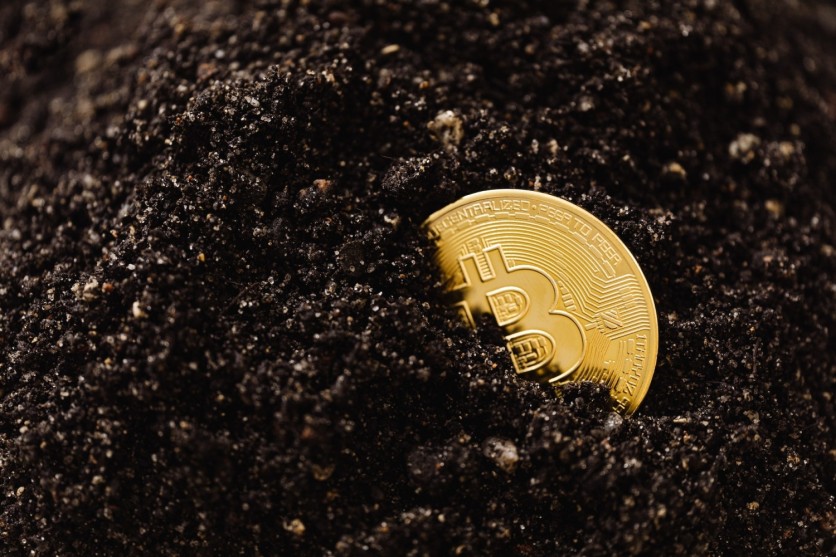
Blockchain technology is set to revolutionize sustainable agriculture, offering solutions to critical challenges related to transparency, traceability, and ethical sourcing in the global food supply chain. This article explores the transformative impact of blockchain on sustainable agriculture and its potential implications for the future of responsible farming practices, food security, and consumer trust.
Visit the official website at Immediate Connect for more information
Challenges in Sustainable Agriculture
The sustainable agriculture sector faces numerous challenges:
1. Ethical Sourcing: Ensuring ethical practices, fair treatment of farmworkers, and responsible land use are vital for sustainable agriculture.
2. Supply Chain Transparency: Supply chains can be opaque, making it difficult to trace the origin and conditions of agricultural products.
3. Food Safety: Ensuring food safety and quality is essential to protect consumers and prevent foodborne illnesses.
4. Consumer Trust: Consumers increasingly seek products with transparent and sustainable supply chains, demanding greater accountability.
Blockchain's Role in Sustainable Agriculture Transformation
Blockchain technology addresses these challenges:
1. Ethical Sourcing: Blockchain can track and verify the ethical sourcing of raw materials and fair labor practices in agriculture.
2. Supply Chain Transparency: Blockchain provides a transparent and immutable ledger of supply chain transactions, enabling end-to-end visibility.
3. Food Safety: Blockchain can ensure food safety by tracking and verifying the conditions and handling of agricultural products throughout the supply chain.
4. Consumer Trust: Blockchain provides consumers with verifiable information about a product's origin and sustainability, enhancing trust.
Use Cases for Blockchain in Sustainable Agriculture
Blockchain has various applications in sustainable agriculture:
Ethical Sourcing: Blockchain verifies ethical sourcing and fair labor practices in agriculture.
Supply Chain Traceability: Blockchain tracks and verifies the origin and conditions of agricultural products.
Food Safety Assurance: Blockchain ensures food safety by monitoring the conditions and handling of products.
Sustainable Certifications: Blockchain verifies sustainable and ethical certifications, providing consumers with transparent information.
Consumer Engagement: Blockchain allows consumers to engage directly with the sustainability of agricultural products and brands.
Challenges and Considerations
Despite its potential, blockchain in sustainable agriculture faces challenges:
1. Regulatory Frameworks: The agriculture sector requires clear regulatory guidance to navigate legal and compliance issues related to blockchain.
2. Adoption Barriers: Overcoming resistance to change and ensuring the adoption of blockchain technologies by farmers, processors, and regulators can be challenging.
3. Data Privacy: Balancing transparency with data privacy concerns is essential, especially when personal and sensitive data is involved.
4. Standardization: Developing industry standards for blockchain-based sustainability practices is necessary for widespread adoption.
The Future of Sustainable Agriculture
The future of sustainable agriculture is likely to see widespread integration of blockchain technology:
1. Ethical Farming Practices: Sustainable agriculture will prioritize ethical sourcing, fair labor practices, and responsible land use.
2. Transparent Supply Chains: Consumers will have access to transparent information about the origin and sustainability of agricultural products.
3. Enhanced Food Safety: Blockchain will help ensure food safety by monitoring product conditions and handling.
4. Informed Consumer Choices: Consumers will make more informed and sustainable choices based on blockchain-verified information.
In conclusion, blockchain is poised to transform sustainable agriculture by enhancing ethical sourcing, transparency, and consumer trust. As farmers, processors, regulators, and consumers embrace blockchain technologies and regulatory frameworks evolve, the future of responsible farming practices, food security, and sustainability will undergo significant changes.

![Apple Watch Series 10 [GPS 42mm]](https://d.techtimes.com/en/full/453899/apple-watch-series-10-gps-42mm.jpg?w=184&h=103&f=9fb3c2ea2db928c663d1d2eadbcb3e52)


